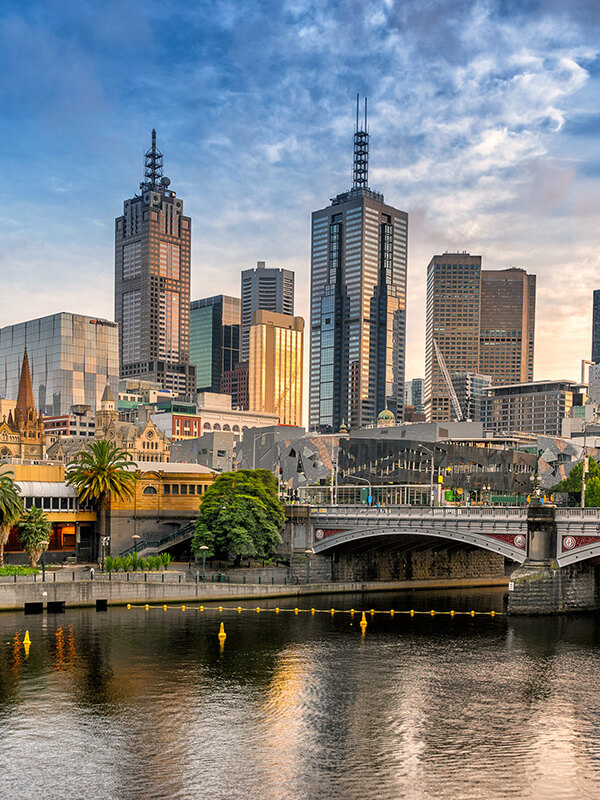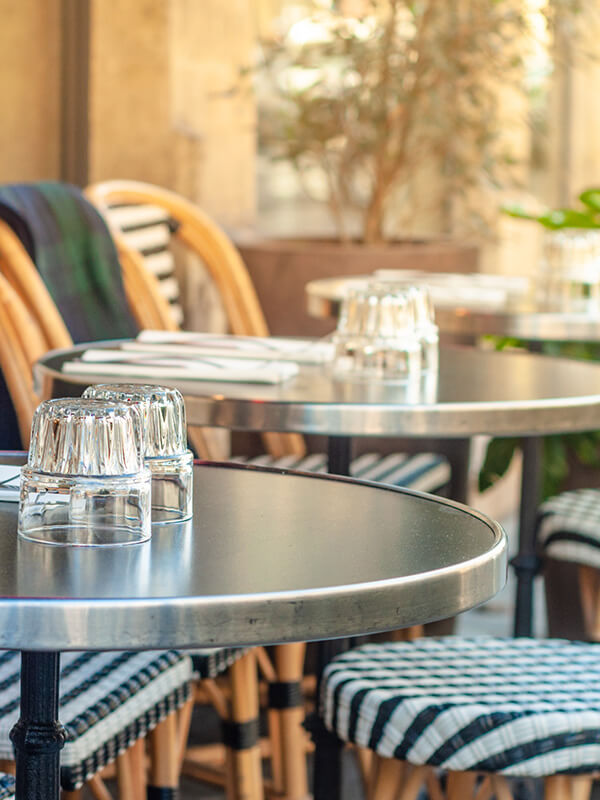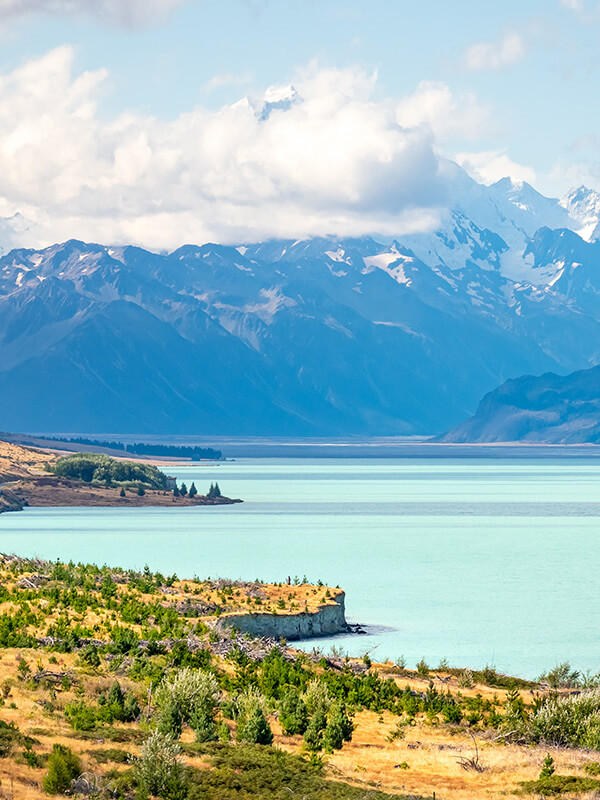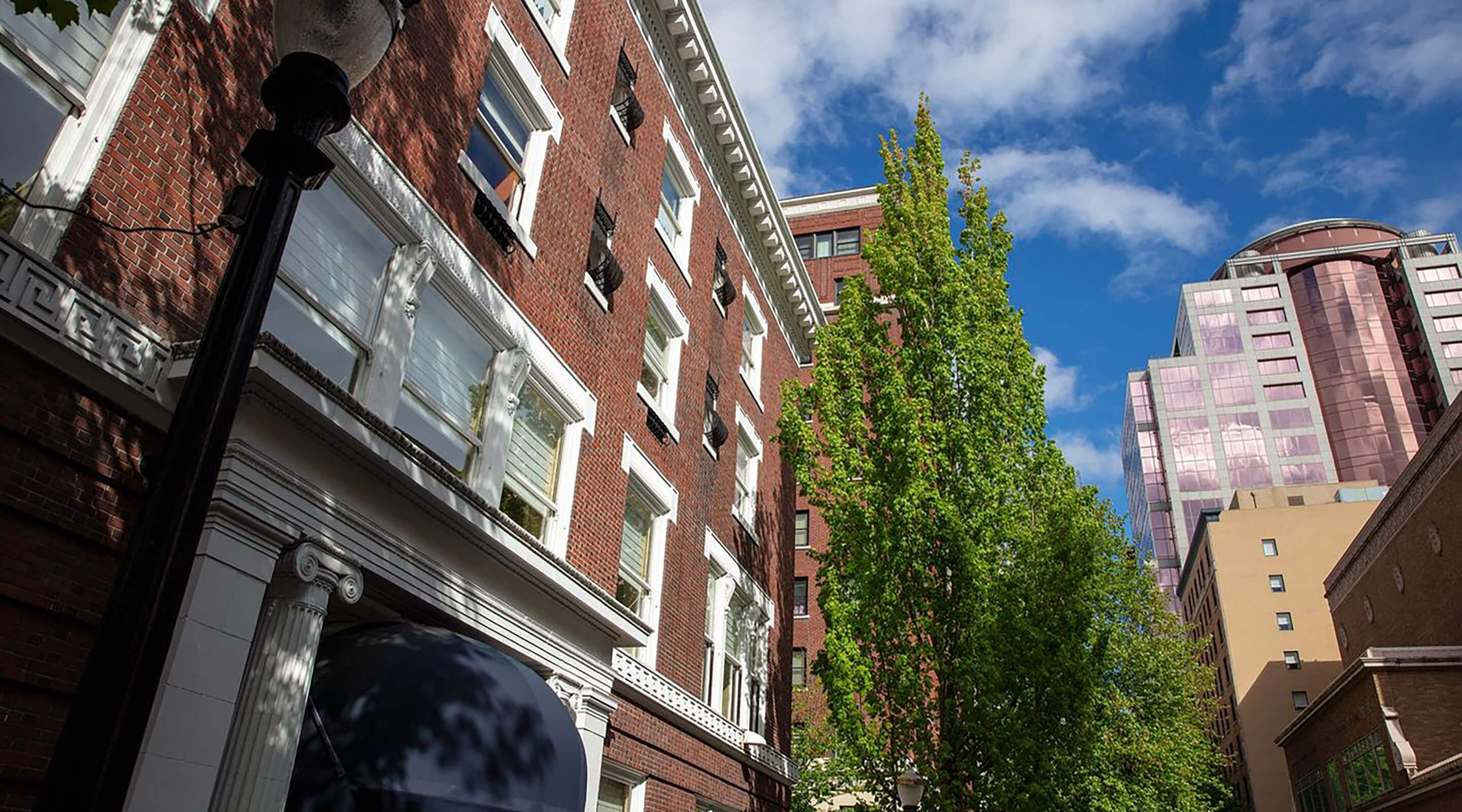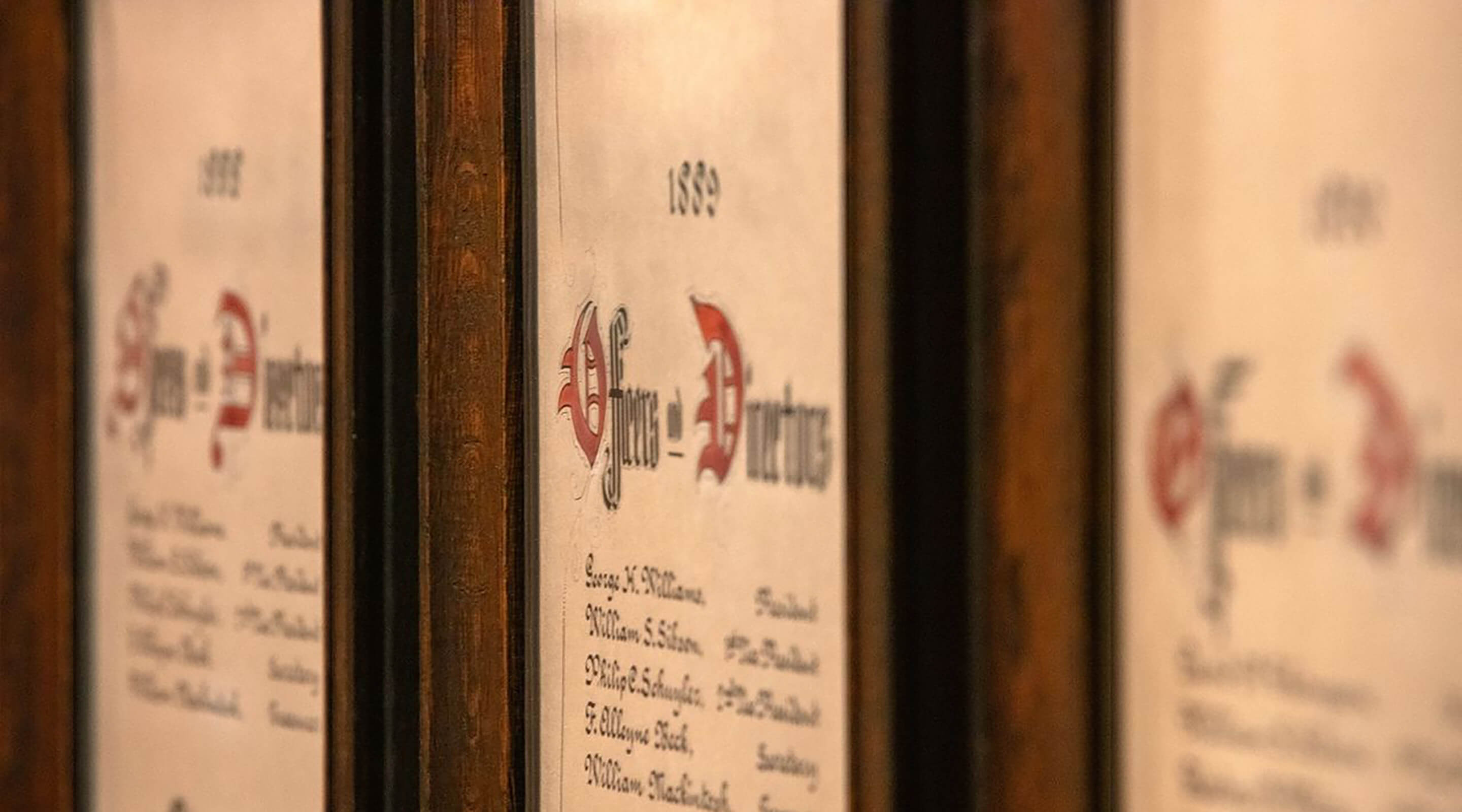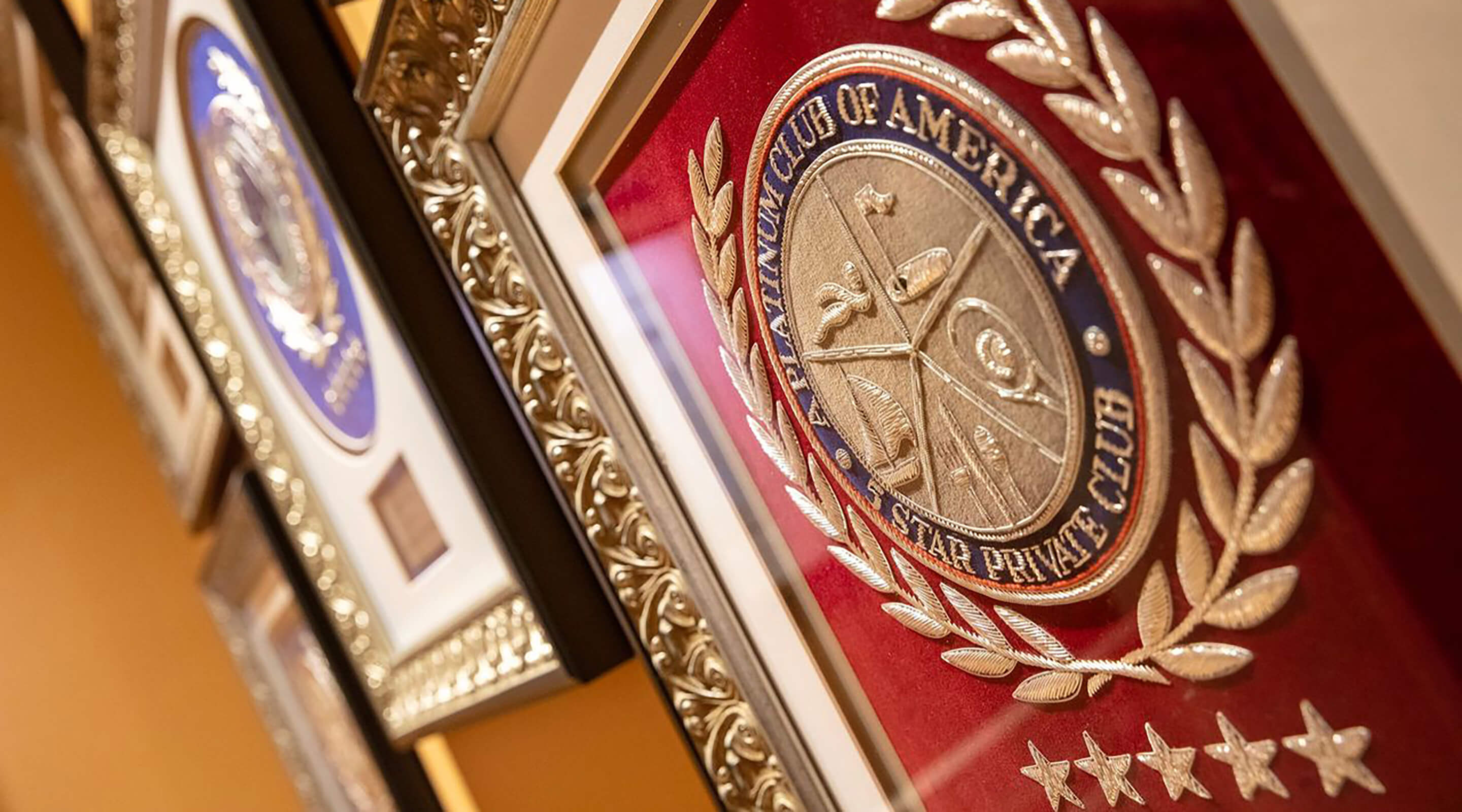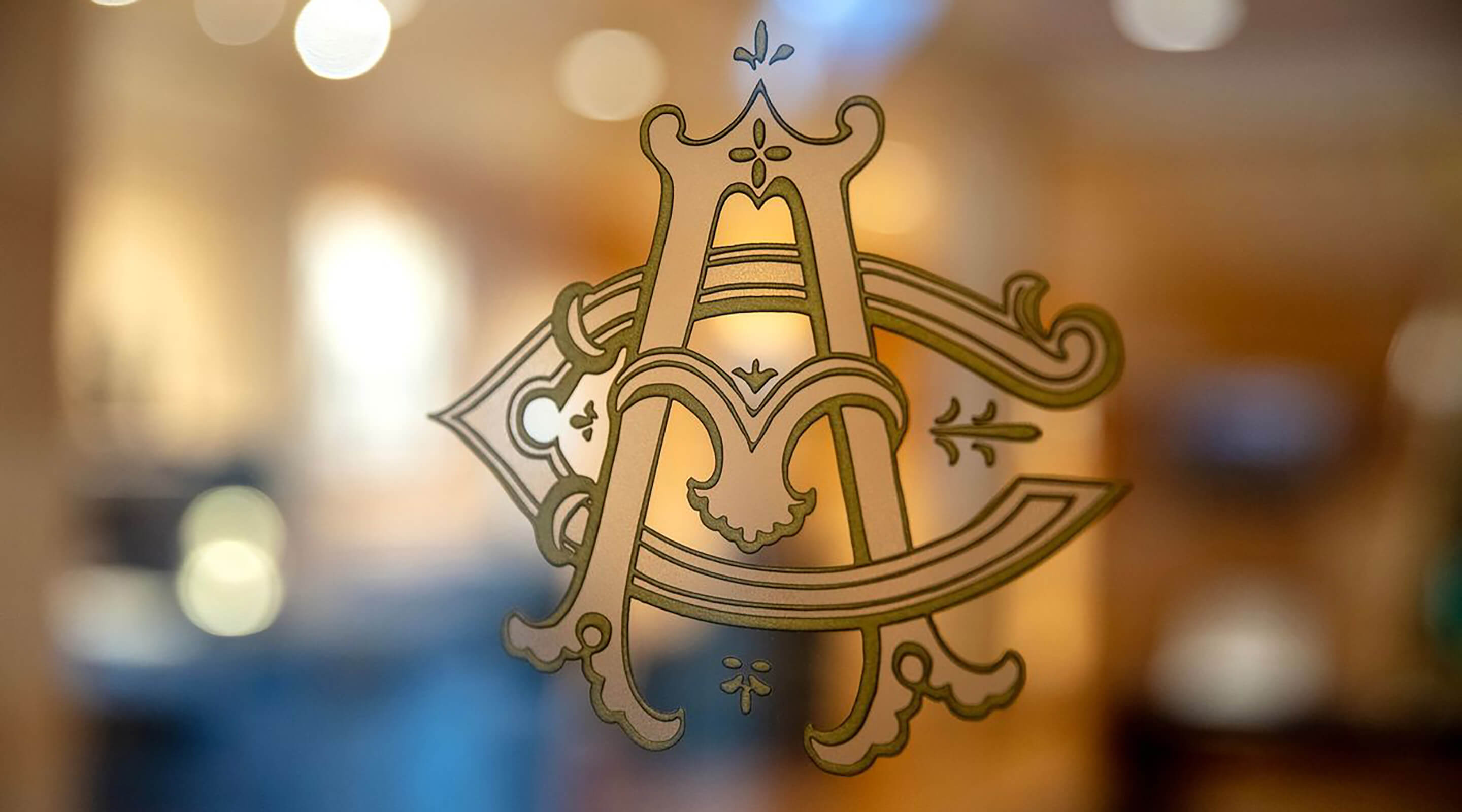Welcome to Arlington Club
A place where accomplished leaders forge bonds of friendship and join in honored traditions, guiding our communities toward a vibrant future.
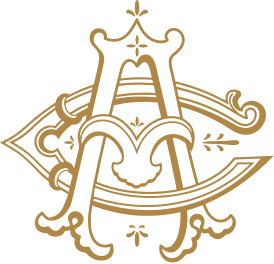
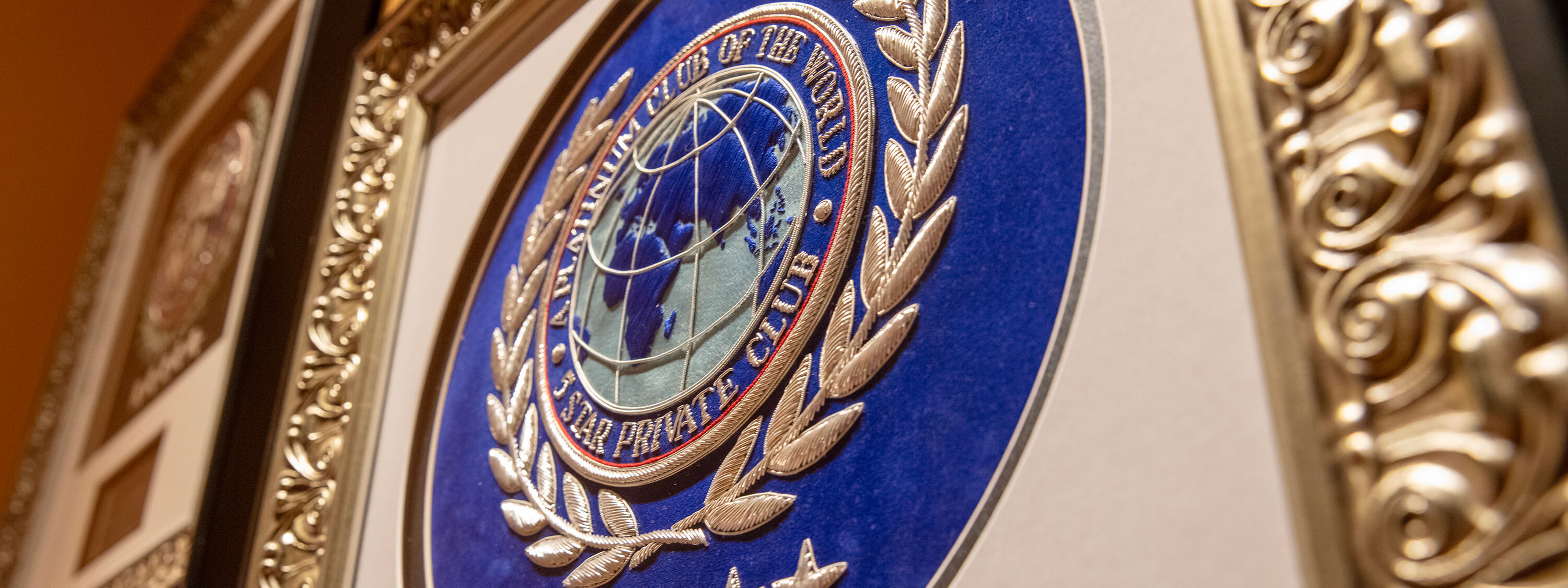

One of only 100 private city clubs worldwide to achieve recognition among Platinum Clubs of the World.
Our members are movers and shakers from across generations and all walks of life. We gather to expand horizons, give back to the community and recharge among friends. For more than 150 years, we have contributed to the growth and vitality of Portland and we proudly carry this tradition forward today.
Explore MembershipSince our founding, Arlington Club has bonded Portland philanthropists, arts and culture influencers, and business and civic leaders in fellowship and a shared affinity for the city. Our story is intertwined with Portland's.
Our Story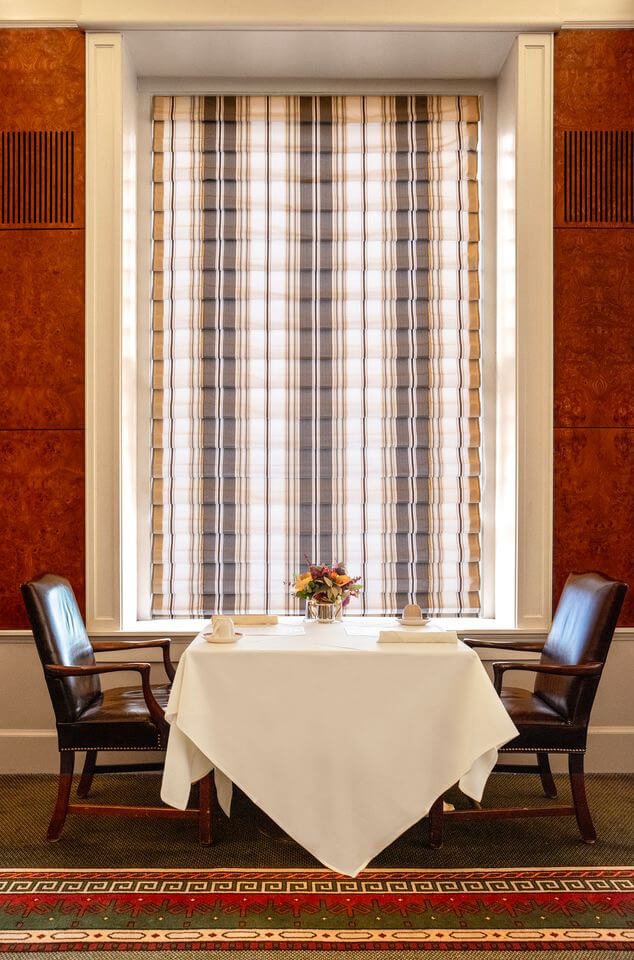
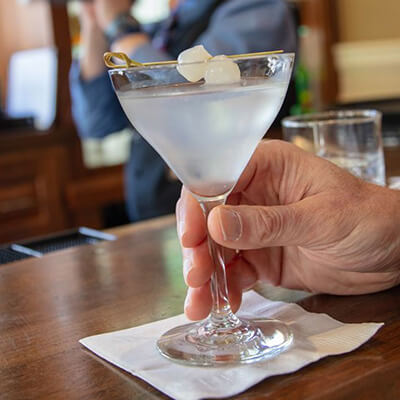
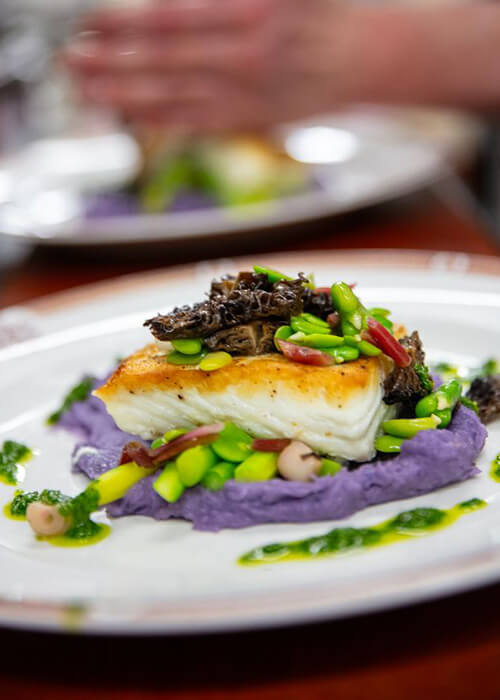
Step into Arlington Club and step into an immersive experience of the Pacific Northwest's culinary arts. Chef-led epicurean experiences blend the best from Oregon's seasonal bounty, focusing on the freshest ingredients at their peak, with inspiration from around the country and abroad. Each meal promises a new adventure for all your senses.
Discover DiningWith a membership that boasts diverse affinities, Arlington Club offers fellowship for the pursuit of varied interests. From foodies to cyclists, wine lovers to whiskey connoisseurs, literary enthusiasts to art afficionados, weekend warriors to world wanderers, and beyond, the club welcomes all persuasions and gives homage to member passions.
Explore Club Life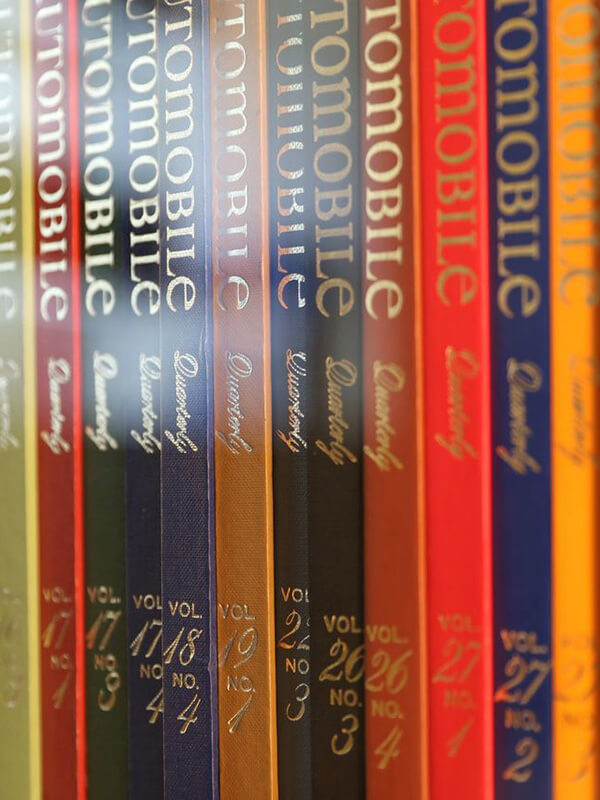
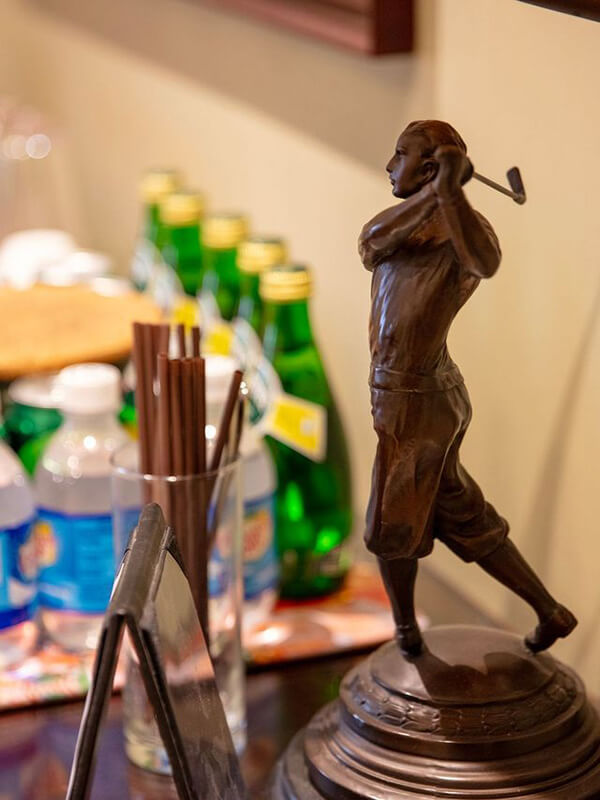
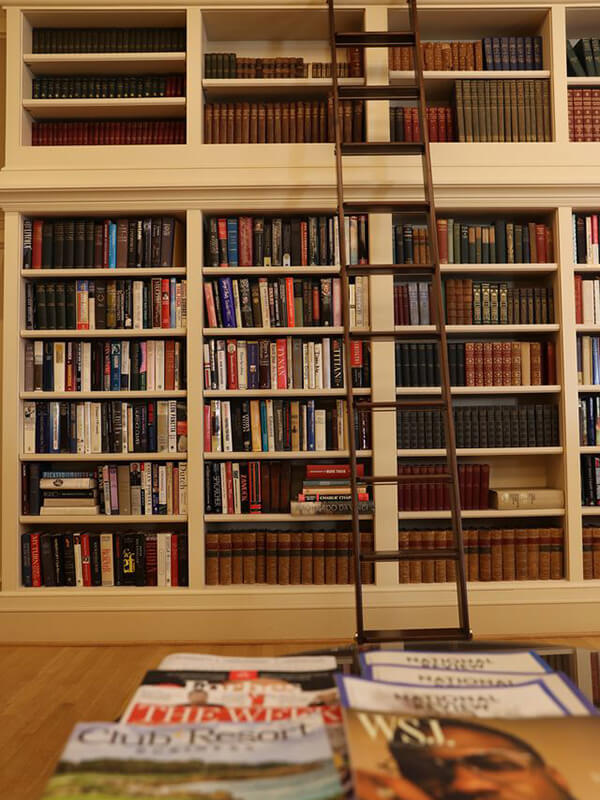
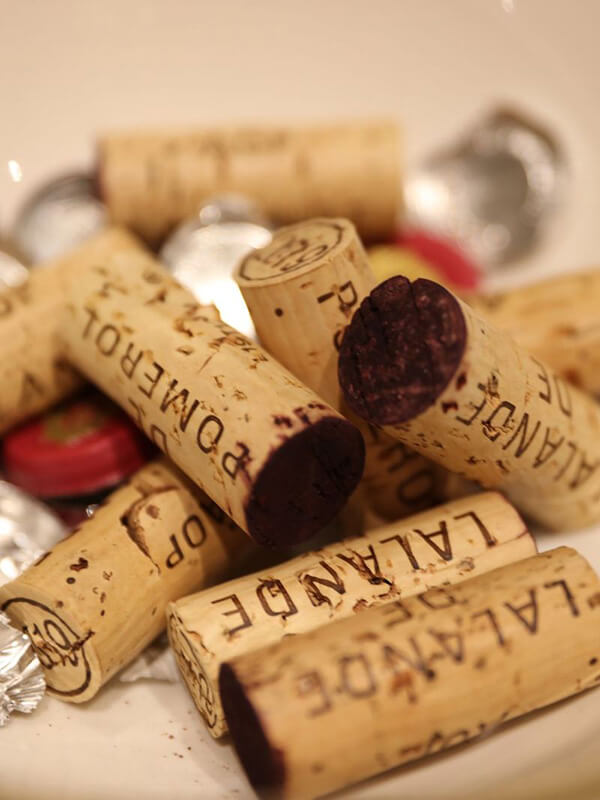
Whether playing host to friends, family, colleagues or contemporaries, the true mark of graciousness is leaving no detail to chance. Begin by selecting from our beautifully appointed spaces to welcome your guests to converse, collaborate and celebrate. Our meticulous staff tailors every element to your unique style, ensuring that any event can become the event.
Start Planning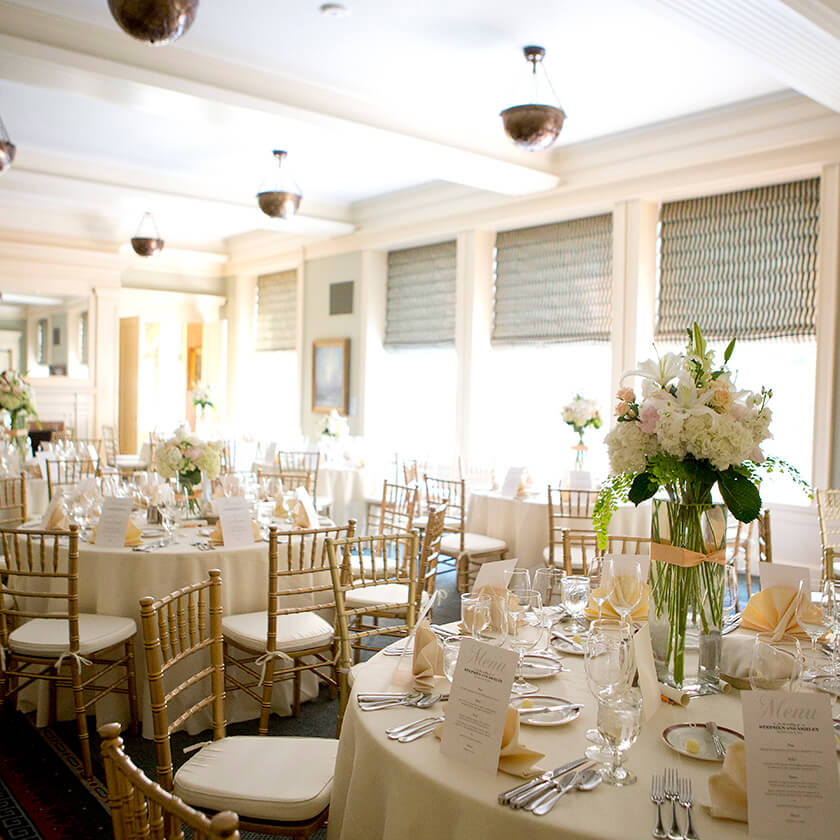
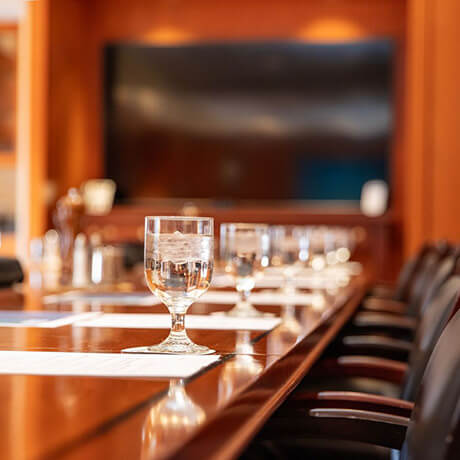
In the heart of Portland and the thriving Cultural District, Arlington Club envelops members in timeless elegance and sophistication. From distinctive décor and gracious amenities to attentive personal service, guests are assured an exquisite overnight experience in one of the city's treasured historic venues.
Accommodations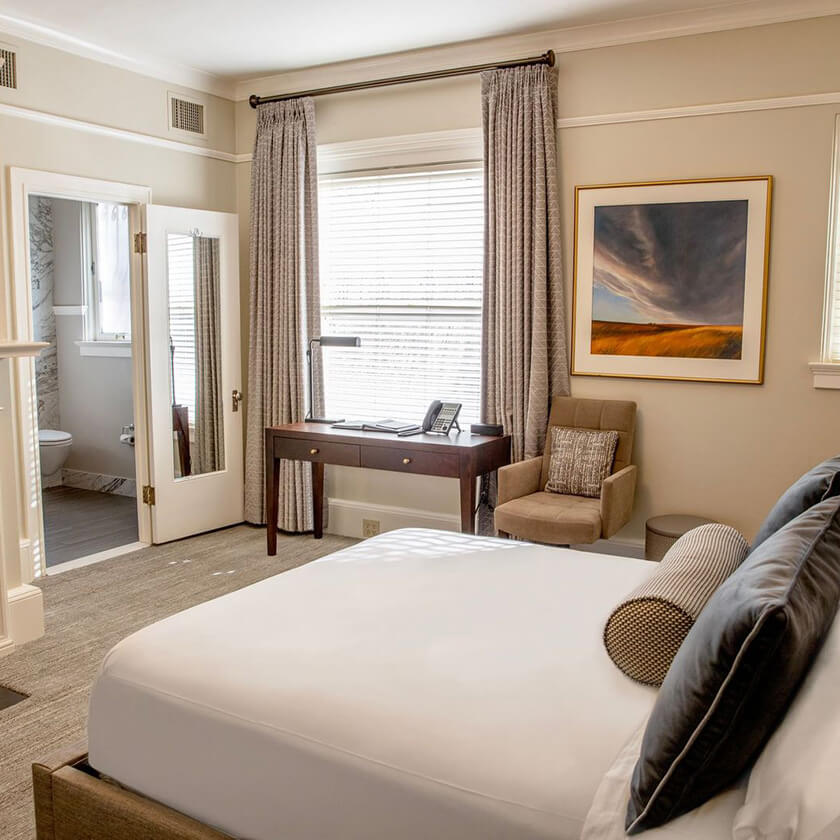

The world awaits Arlington Club members with open arms. More than 80 private clubs around the globe extend reciprocal privileges, assuring exceptional accommodations and service wherever you might take your next adventure.
View Reciprocal Clubs